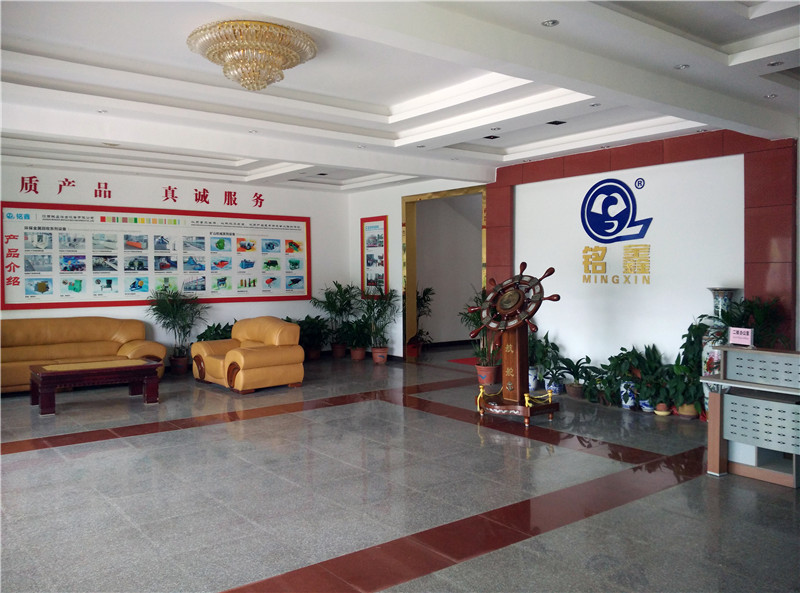Lithium-ion batteries have become an integral part of our daily lives, from smartphones to electric cars, and they provide a powerful power for modern life. However, with the increase in usage, the number of broken and discarded lithium-ion batteries is also increasing, which not only poses a threat to the environment, but also poses a challenge to the sustainable use of resources. This article will explore the challenges facing the lithium-ion battery industry and how to seize new opportunities by recycling and reusing damaged batteries.
Lithium-ion batteries are favored for their high energy density, long cycle life and low self-discharge rate. However, as demand grows, the mining of raw materials and the production of batteries have an impact on the environment. In addition, batteries have a limited life and need to be replaced once they reach their useful life, which leads to the generation of a large number of discarded batteries.
Damaged lithium-ion batteries, if not properly handled, can leak harmful substances such as cobalt, lithium and nickel, which are potentially harmful to the environment and human health. Therefore, how to safely dispose of these batteries and reduce the impact on the environment is a major challenge facing the lithium-ion battery industry.
Despite the challenges, the recycling and reuse of damaged lithium-ion batteries also brings new opportunities for the industry. Through recycling, the need for new raw materials can be reduced, reducing production costs while reducing environmental damage. In addition, the recycled battery materials can be used to manufacture new batteries and realize the recycling of resources.
Technological innovation and policy support In order to promote the recycling and reuse of lithium-ion batteries, technological innovation and policy support are needed. Technological innovation can improve recycling efficiency and reduce costs, while policy support can provide incentives for recycling companies to promote sustainable development of the industry.
While facing challenges, the lithium-ion battery industry also has huge development potential. By recycling and reusing damaged batteries, we can not only reduce our environmental impact, but also create new business opportunities. This requires the government, businesses and consumers to work together to promote the green development of the industry.
The recycling and reuse of lithium-ion batteries is a complex but promising area. With the advancement of technology and the improvement of policies, we have reason to believe that the lithium-ion battery industry will be able to achieve more sustainable development and make greater contributions to the progress of human society.











